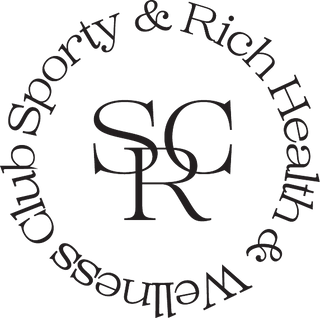As we enter a new year it can seem standard to start a new program or make new lifestyle commitments. I speak with clients about the importance of developing new, simple habits that we can compound over time to lead to massive changes in their body and brain.
What you do to the brain, you do to the body and vice versa. Through the implementation of these new habits, both your body and brain will benefit.
DO MORE:
Eat Nutritious Foods: Food is more than calories; it is information for your cells. It is vital to fuel your cells with high-quality nutrients. I recommend limiting sugars, increasing your water intake, choosing organic or Non-GMO if possible, eliminating processed foods, and increasing your consumption of healthy fats, clean proteins, and plants.
Mental Rest: Taking time to rest your brain is equally as important as working and training your brain. Active mental rest in the form of meditation or breathwork and passive mental rest such as laughing with friends or enjoying your favorite cinema are vital components of a healthy brain.
Gratitude: Especially during these trying times, reflecting on what you do have is incredibly important. Starting your morning with a gratitude practice can improve your mood and "determine your mindset before the world determines it for you."
Movement: Exercise improves cognitive function through both direct and indirect means. The benefits of exercise come directly from its ability to reduce insulin resistance, reduce inflammation, and stimulate the release of growth factors—chemicals in the brain that affect the health of brain cells, the growth of new blood vessels in the brain, and even the abundance and survival of new brain cells. Indirectly, exercise improves mood and sleep and reduces stress and anxiety. Studies have shown that engaging in a regular exercise program of moderate intensity over six months or more is associated with an increase in the volume of selected brain regions (the prefrontal cortex and medial temporal cortex.) Routines can range from visiting the gym (socially distanced and safe) to walking outside (free vitamin D!), working out at home, enjoying a virtual HITT class, yoga, cycling, or playing with your children. Move your body at least four times a week for at least 30 minutes.
Sleep: Sleep serves to reenergize the body's cells, clear waste from the brain, and support learning and memory. It also plays a vital role in regulating mood, appetite, and libido. Sleep is essential to many brain functions, including how nerve cells (neurons) communicate. Ensuring that you prioritize sleep is of the utmost importance. A few tips that I find helpful are wearing blue blockers a few hours prior to bed, eating magnesium-rich foods or magnesium supplementation, keeping my room cool during sleep, and unplugging from devices an hour prior to bed.
Love: When in love with a partner, neurochemicals like dopamine and oxytocin flood our brains in areas associated with pleasure and rewards, producing physical and psychological responses. Affections with the one you love can instantly reduce stress and increase feelings of calm, trust, and security due to increased oxytocin. At the same time, your mood improves as a result of your reward center flooding with dopamine. Being around loving friends and loving yourself are also major mood boosters and increase our brain's happiness chemicals.
DO LESS:
Processed Foods: Processed foods have been shown to cause various diseases and can lead to mood disorders and depression. The brain cannot run at an optimal level when fueled with processed foods. Choose fresh, live, single-ingredient and nutritious foods when possible.
Sedentary Time: As noted above, moving your body is essential for brain health! Movement will improve your mood, improve your blood flow, and can lead to positive structural changes within the brain over time.
Screen Time: As challenging as it may be, taking a break from social media or news consumption works wonders. Constant consumption of anxiety-inducing news or images on social media that reduce your happiness is unhealthy for the brain. Unplugging entirely is not reasonable in our society but setting screen time alerts or taking a few days off is exceptionally beneficial.
Sugar: Sugar triggers inflammation in the body and brain. We now know chronic inflammation is the root cause of nearly all disease. When we eat sweet foods, the brain's reward system - called the mesolimbic dopamine system - is activated. Dopamine is a brain chemical released by neurons and can signal that an event was positive. When the reward system fires, it reinforces behaviors making sugar consumption a vicious cycle. Many food products contain hidden sugars, so be sure to read your labels.
Anger: Anger has many physiological effects. While angry, our heart rate and blood pressure increase, immune system and thyroid function decrease, cortisol increases, and our metabolism slows down. Chronic anger can lead to inflammation, and excess cortisol can suppress activity in your prefrontal cortex (involved in decision making.) Practicing gratitude or breathwork when you feel you may be becoming angered or taking a walk outside can be helpful.















